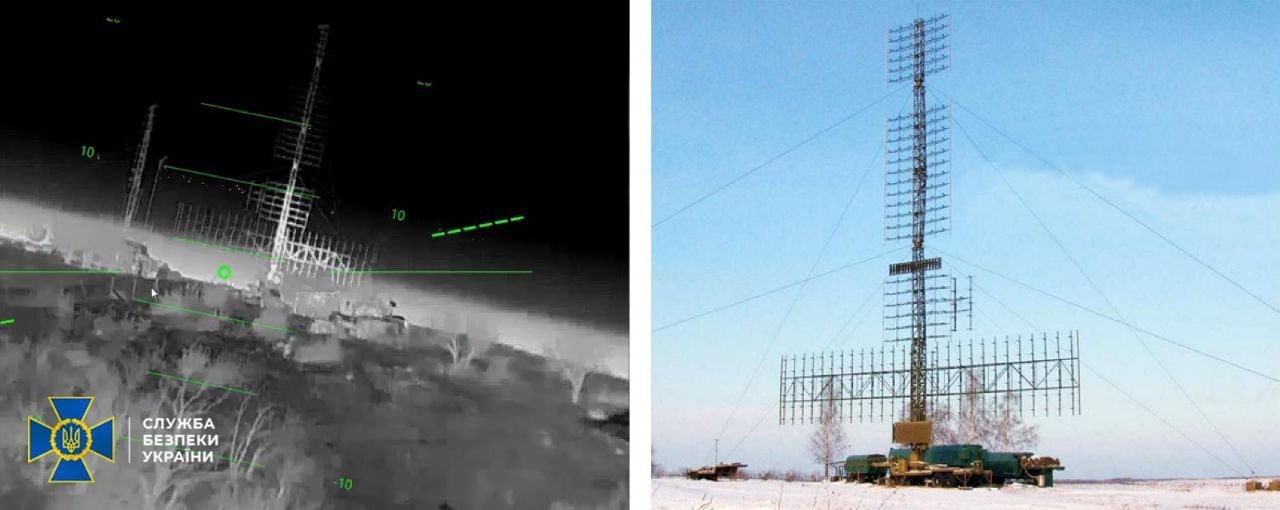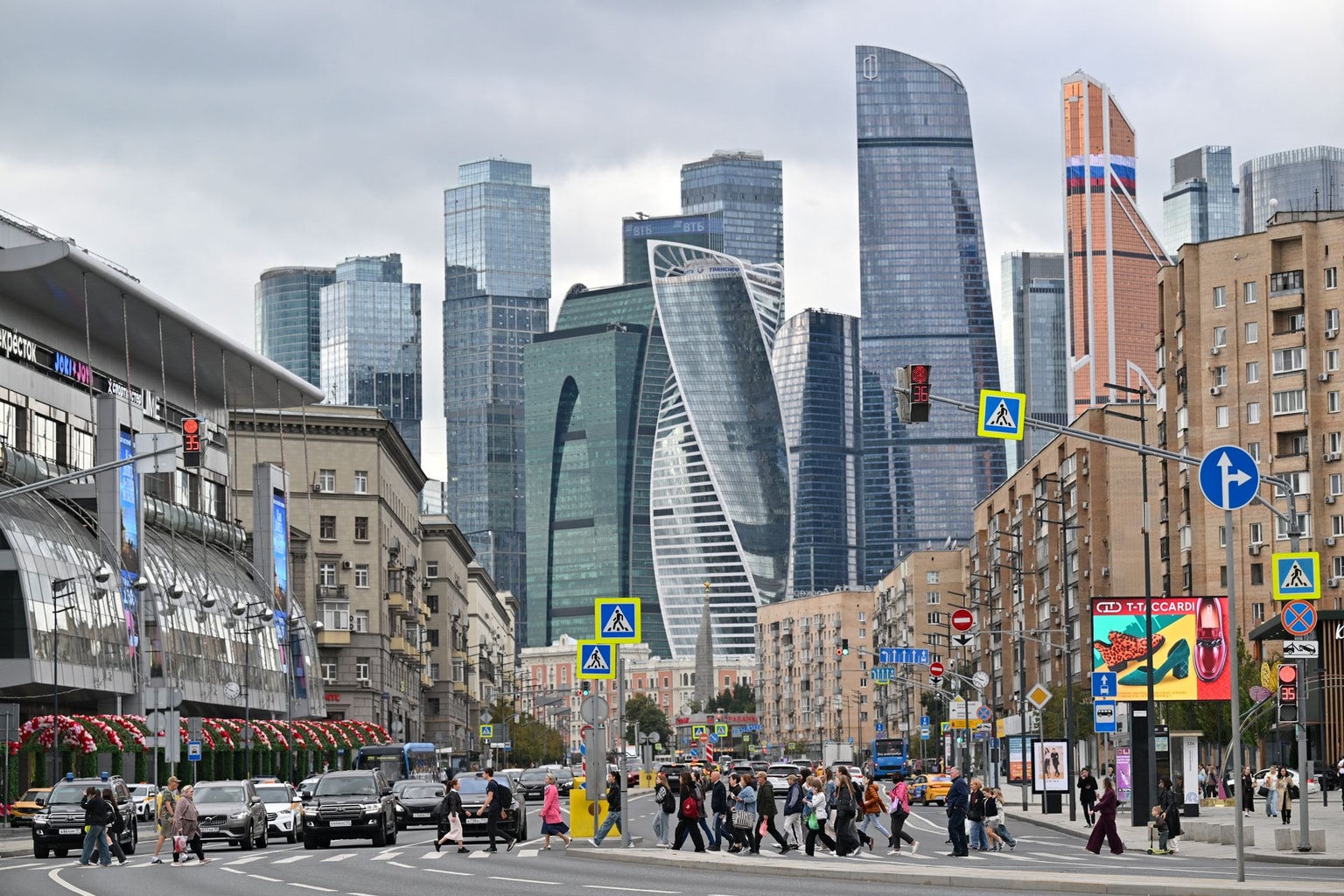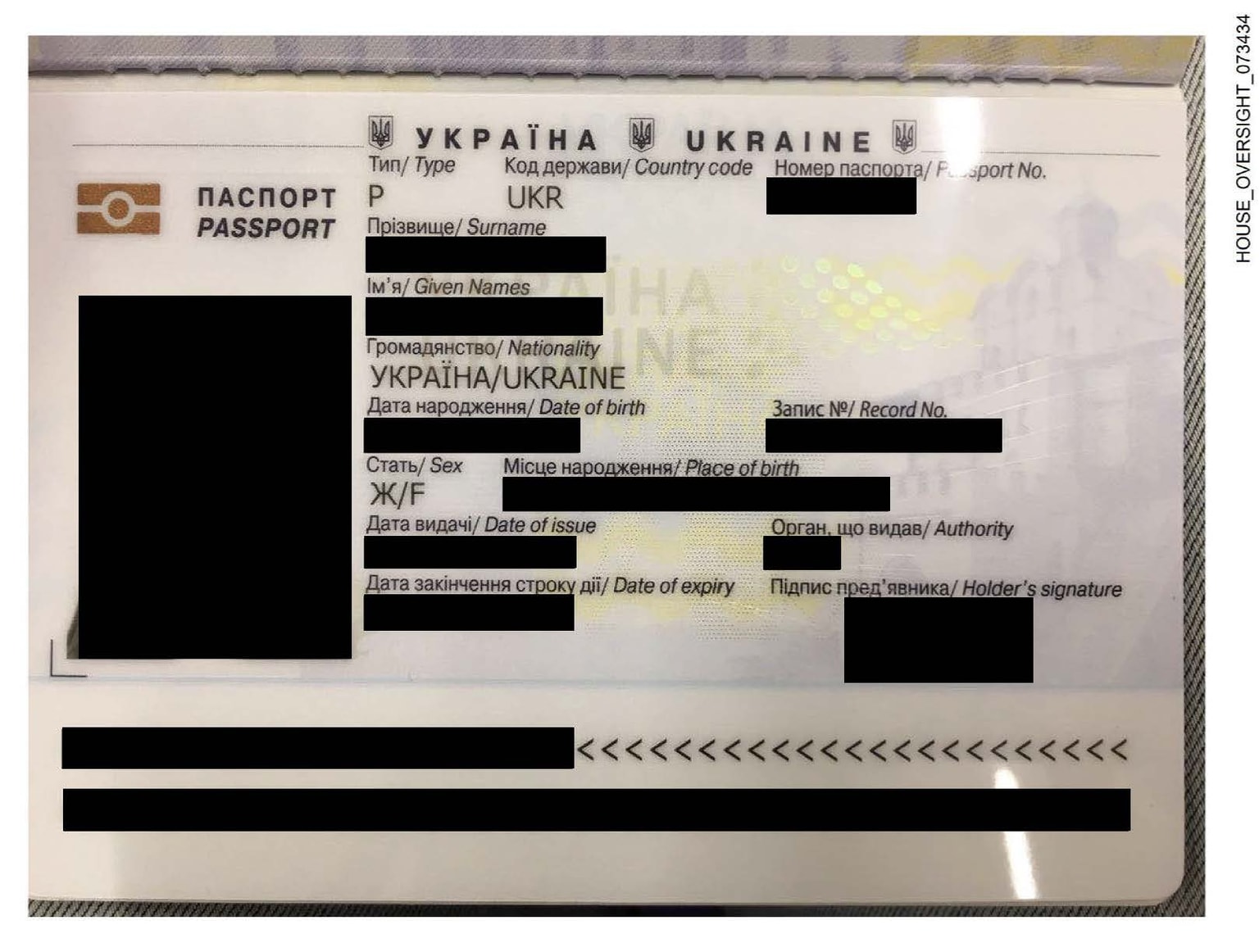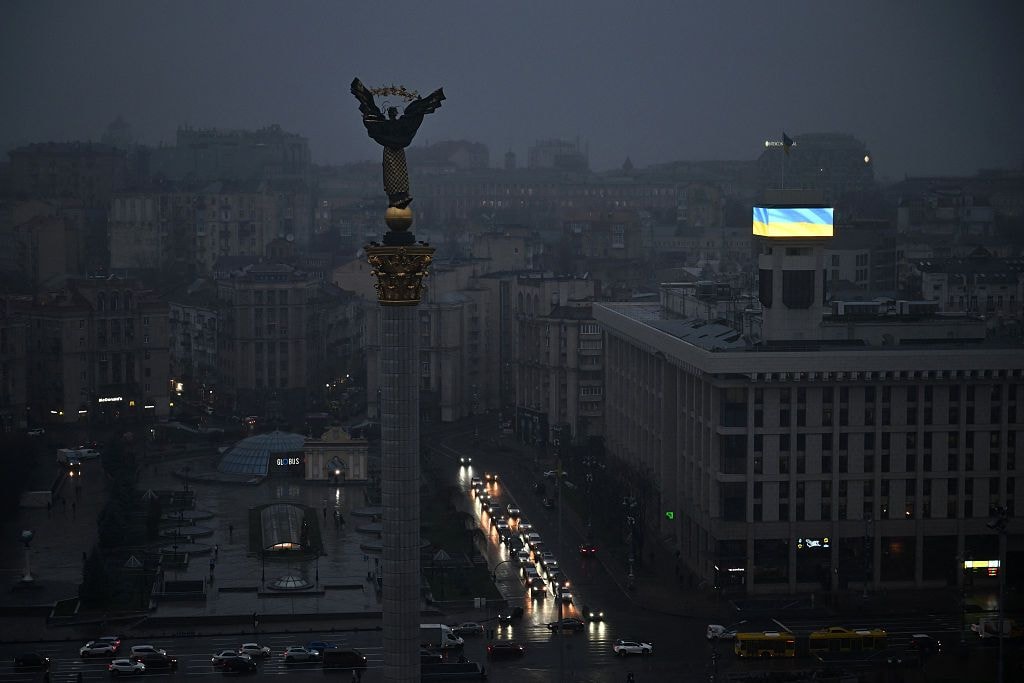ISW: Putin failed to respond to Wagner rebellion

Russian dictator Vladimir Putin reportedly failed to respond promptly to the Wagner Group’s June 24 rebellion, leaving local Russian officials to make decisions concerning the group’s drive on Moscow, the Institute for the Study of War reported in its latest update.
The ISW cited a Washington Post report which suggested that Putin chose not to issue orders for most of June 24 despite warnings from Russian security services about a potential rebellion at least two or three days beforehand. As a result, regional Russian officials were forced to decide how to respond to the rebellion without direct instruction from the Kremlin. Many local security and military officials then decided not to stop Wagner convoys.
The failure to respond could also reveal Putin's inability to rally the Russian elite.
"Putin’s failure to act quickly also suggests that he is uncertain about his ability to rally the Russian elite around him and may indicate how factional internal Kremlin politics have become," the ISW said . "A senior NATO official reportedly stated that unspecified senior Russian political figures in Moscow appeared ready to rally behind Prigozhin in the event that Wagner’s rebellion succeeded."
The Russian security agency was not prepared for a direct challenge to Russia's existing military leadership structures and likely did not have the capacity to respond effectively.
Additionally, the ISW stated that Ukrainian forces have continued counteroffensive operations on at least three sectors of the front. The Ukranian military made "tactically significant" gains south of Klishchiivka, or 7km southwest of Bakhmut. Ukraine's forces conducted offensive operations in Bakhmut, Melitopol, and Berdyansk directions.
Earlier today, Ukraine's General Staff reported that Russian forces retreated from their positions in Andriivka to the south of Bakhmut following a Ukrainian offensive operation on July 25.











